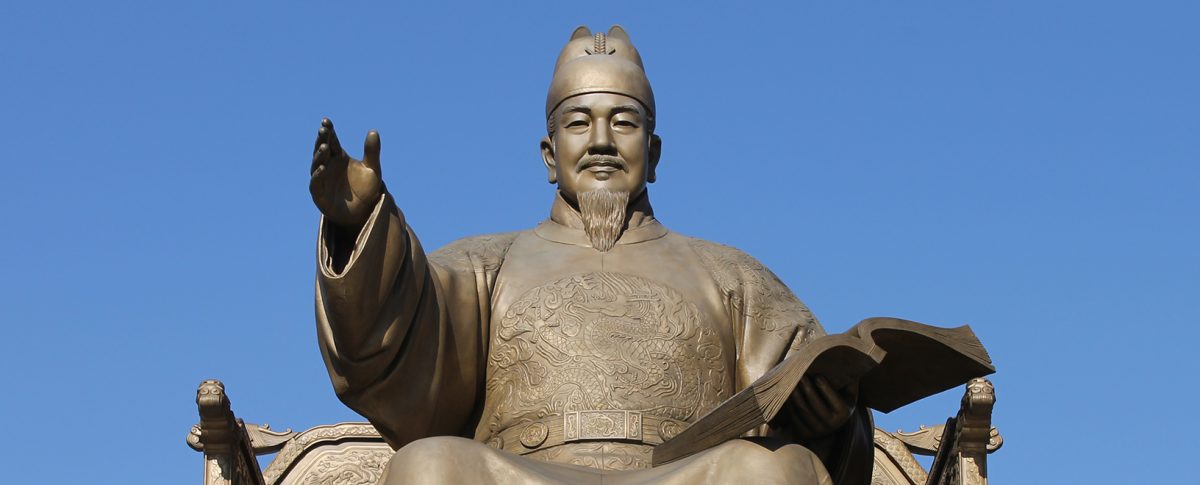단급 제도 dan-geup jedo means ‘system of rank’. It is the system of colour belts and black belts – the different grades (급 geup) and degrees (단 dan) and the order that they follow. It is also the implied seniority of those ranks – a third degree black belt is senior to a second degree black belt, a blue belt is senior to a green belt, and so on.
The Dan-geup Jedo should never be gainsaid in a Taekwondo class – that is, if person A is of a lower rank to person B, they should not be treated as if they were a higher rank than person B. Doing this undermines the meaning of the belts. If one person is nominally senior to another, but is not senior in practice, then what is that nominal seniority other than a fiction and a lie.
The specific case that prompted me to think about this was that of a junior grade teaching a senior grade. Now, I hope any readers of this post find the notion of a junior grade teaching a senior grade in Taekwondo very obviously absurd. This is not in the tradition of Taekwondo – and indeed it is so against the traditional way of doing things in Taekwondo that I imagine most people have never seen it and would never expect to see it. I have seen it – not often, over my 20+ years of doing Taekwondo, but a few times – and I found it truly baffling and alarming each time.
If you split the class into two or more groups, the person leading each group must be senior to all of the students in the group. You cannot have a second dan teaching a third dan, or a sixth geup teaching a fourth geup. (I mean, it seems so obvious that writing it out seems absurd.) It’s important to note that having a junior grade instruct a senior grade not only diminishes the seniority and authority of that particular senior grade, but it diminishes the concepts of seniority and authority for the entire class. Why should any one student consider anyone to be senior to them? If you don’t treat the belts as though they mean something, then they will stop meaning anything, and will become nothing more than pieces of dyed fabric.
Not only does doing this collapse the ideas of seniority and authority, it also doesn’t make sense pedagogically. A higher rank is supposed to denote greater skill and knowledge. If a junior grade is teaching a senior grade, it implies that that senior grade does not in fact have the skill or knowledge that they are supposed to – that they do not in fact deserve the rank they have. A perceptive student might find this gravely insulting. It can also suggest favouritism – that the way to success in Taekwondo is not through effort and dedication in one’s training, but through being friends with the right people.
There are a number of rules to running a Taekwondo class that can be broken from time to time. This is not one of those rules. This is a rule that should be followed all of the time: do not gainsay the dan-geup jedo.
